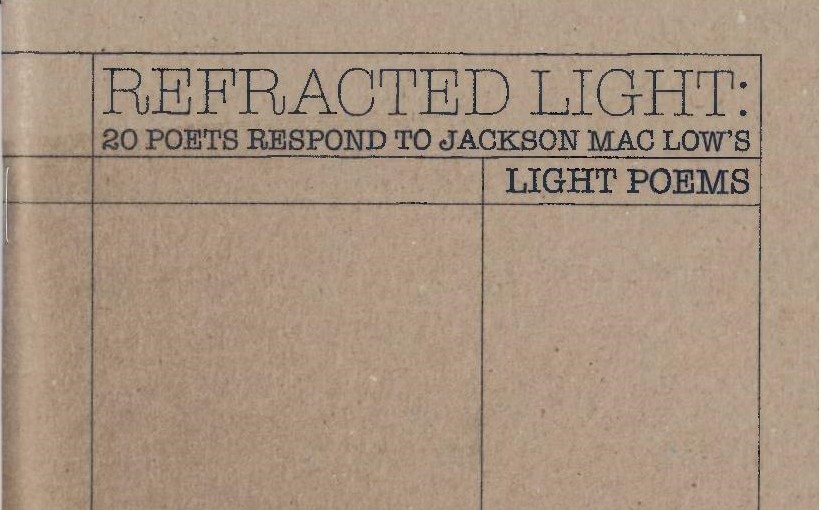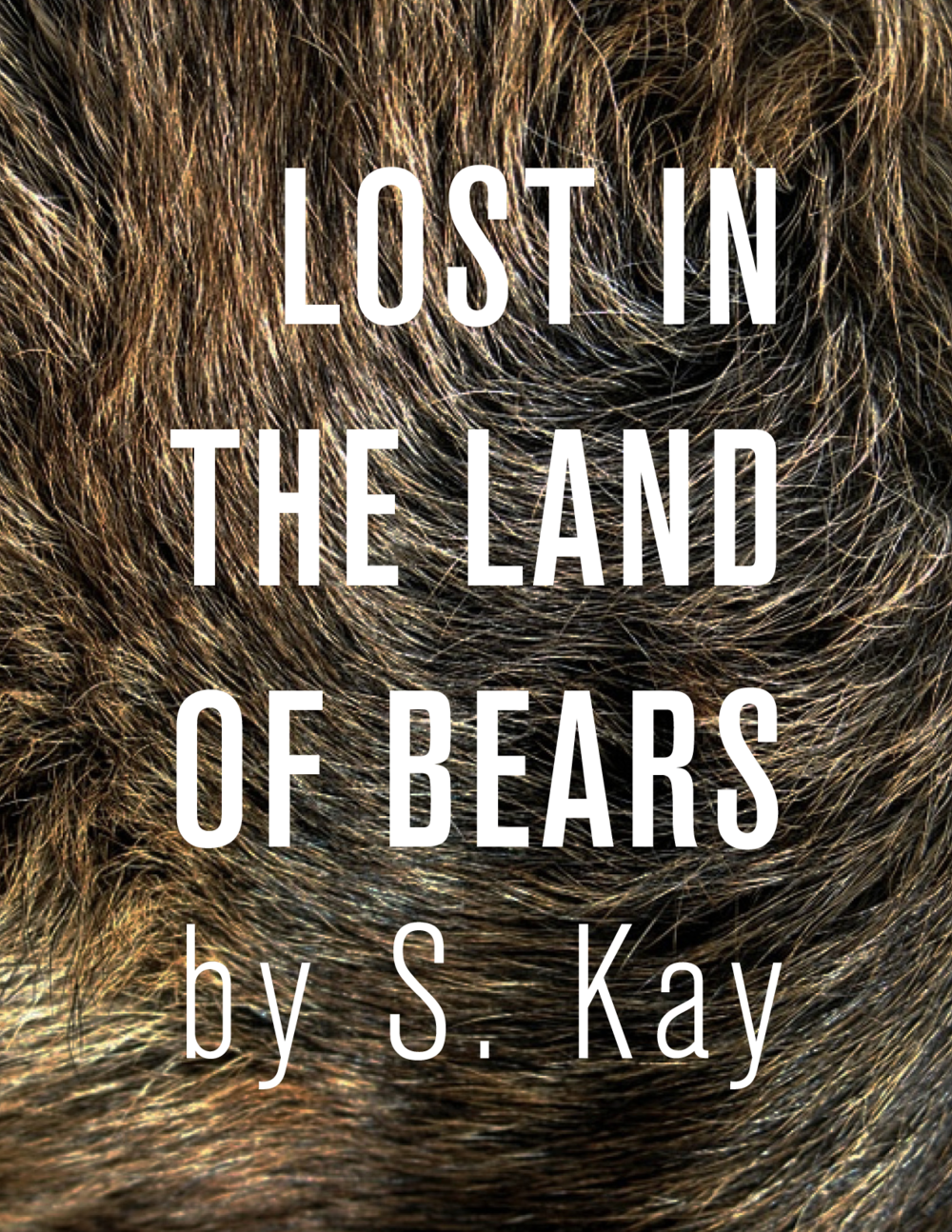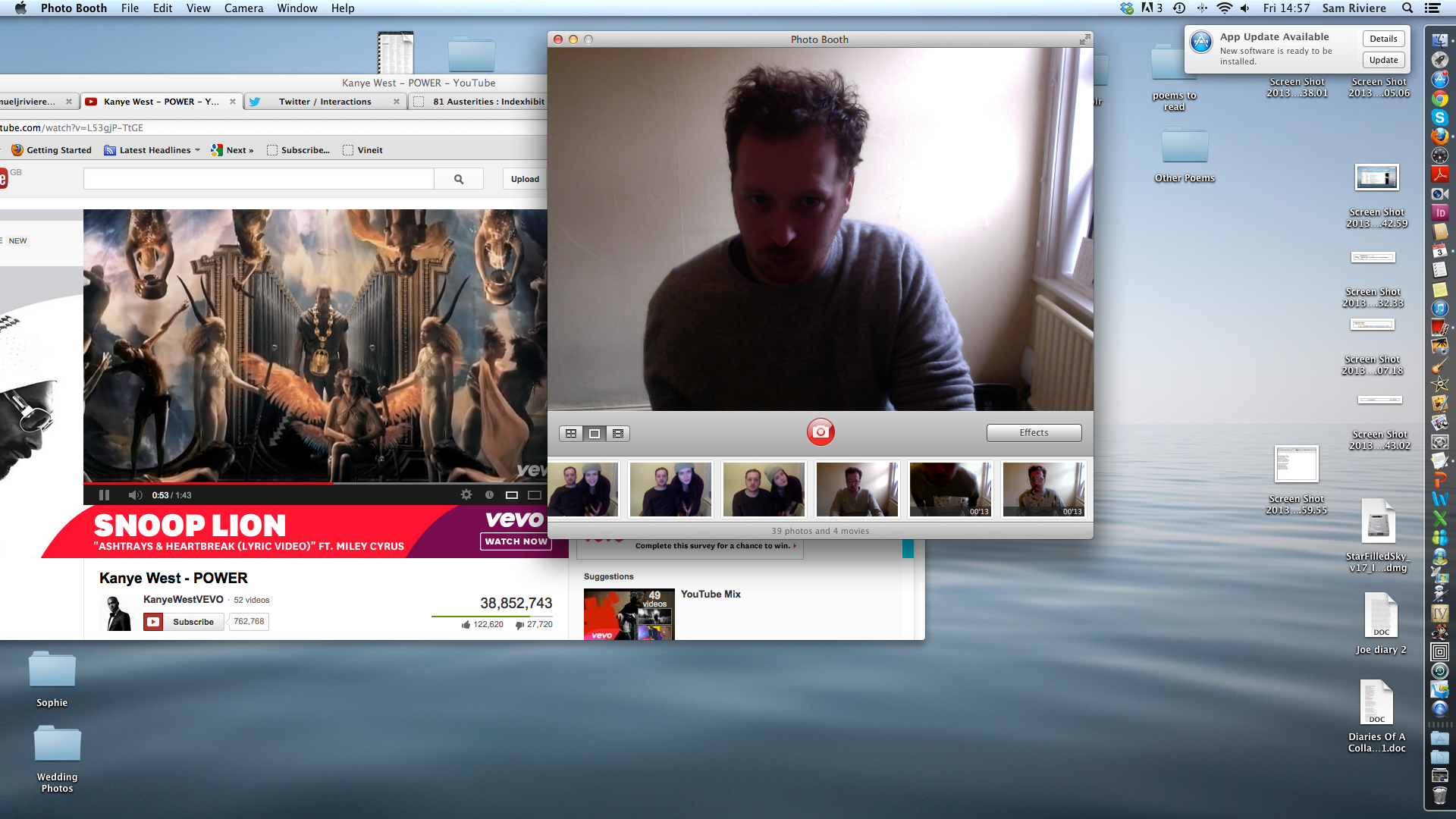Faber New Poets 14 by Crispin Best
– Reviewed by Colin Herd –
There’s more to Crispin Best’s Faber New Poets pamphlet than bagels and doughnuts, but they do tend to come up. There’s his recent tweet “retweet if you hold your bagel like this and think the government is bad” alongside an image of a finger hooped through a bagel, and a soundcloud mix called “bagel” in 2015. Then, and this is I suppose the clincher, there was this tweet in January: “changed the two instances of ‘donut’ in my manuscript to ‘doughnut’. finally. it’s ready.” There are some in this new Faber New Poets pamphlet too – “caring about a person / is like asking a bagel / how to live”; “caring about a person is like praying to a doughnut in the darkness” – along with croissants, pancakes and pretzels. All of which got me to thinking – what is it about them?
I’m guessing it’s not necessarily the doughy, super-carbed equivalent of Yeats’ gyres, and it feels like something more than a muffled mumblecore angst about incompletion (i.e. the hole in the middle. Of everything.) It’s more like when reading Best’s poems the reader is positioned in the hole, stuck in the centre of a massive bagel/doughnut, the task being to chew your way through the sometimes sweet, sometimes yeasted bubbles and crannies of tweet-style internet language braided into a dough which is tightly wedged rubber ring style around our middle and our arms and glued in with glaze, all the time painfully aware that the more we digest – “is it still brunch if i am alone” – the worse it is for us, because while the bagel/doughnut gets bigger we get bigger too.
All of that in a very good way: it’s doughnuts and bagels after all. The word “doughnut” itself, and Best draws attention to this in his tweet about its spelling, might seem all innocent and fun but it in fact enacts a cultural politics of language and elicits an emotional response at some kind of automatic can’t-help-it level. Doughnuts: yey! And Best’s wit is really delicious. The main ingredients are language, feelings and work:
“you have no idea / of the distances I would travel / just to disappoint you”; “listen i would literally wear a white sweater in an office if i had to”; “i’m an optimist / that’s what i like about you”; “i am most beautiful when printing out emails”.
The effect is dazzling and heady. In his book Capital and Affects (1994) the Italian autonomist theorist Christian Marazzi analysed the implications of an economy characterized by “the entry of communication – and therefore of language – in the sphere of production.” His study is wide-ranging and diverse, but the conclusion is remarkably stark: “when we put to work communication and intersubjective relations we put to work feelings and emotions, and finally the entire life of the people.” If that was 1994, how much more integrated and intertwined has communication become to production in the 20 years since Marazzi’s book was first published? With social media, communication is more integrated into the sphere of production at every level of our lives than ever before.
It should probably come as no surprise that these concerns (language, work, feelings) should come to mind in the debut pamphlet from one of the contemporary UK poets most visible on social media, perhaps the most pronounced expression of language’s insertion into the production process on the one hand, while also being an extraordinarily rich media for anti-work, the sort of dissenting, activist / slacker philosophy that Twitter is so accommodating towards. While not of Bieber proportions, there is an undoubted thrill and strange beauty for fans of @crispinbest’s tweets, all 11.7k of them, this long stream of interactions, quips, bemusement, boredom, etc. I’m guessing you know how twitter works – but Best’s particularly good at it – running the gauntlet from “Great crucifixion guys. Nailed it.” to “why am I being street harassed by milkshakes” – along with a picture of milkshake labels saying things like: “I’m strawberry flavoured milk. I like long walks on the beach and nights in with you.” There’s communication right there in the production process.
At times it has felt like Crispin Best would actively avoid the formal publication of a collection of poems, replacing the book as object in favour of a twitter scroll, something more diffuse, gestural and ephemeral. Poem as network, as chatter, as one facet of an enormous uncategorisable thing that you wouldn’t want to read all of. Thankfully, all those qualities are present at different points in this pamphlet – only there are actual poems, which means we get more chance to marvel at his heart, his wit and his strange ways with words – trying to get our tongues up to the hundreds-and-thousands and wipe the sugar off our chins.





